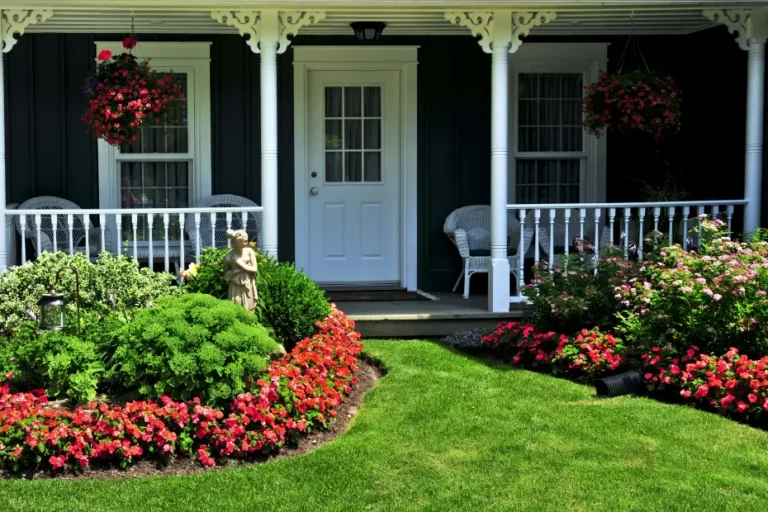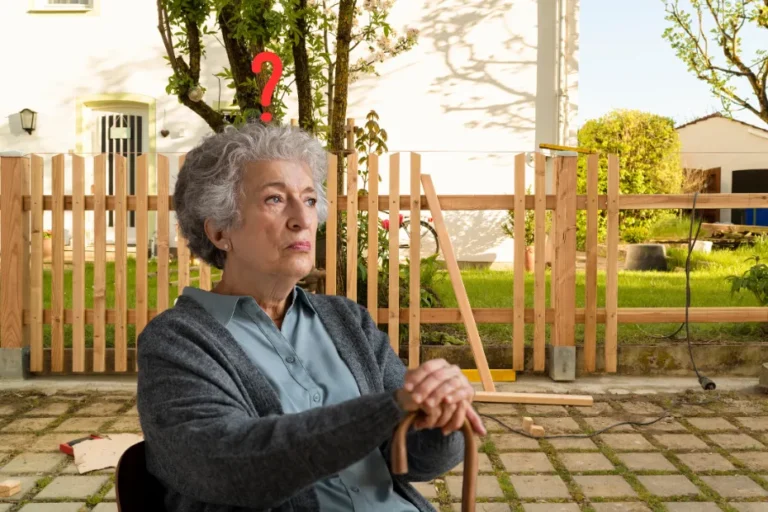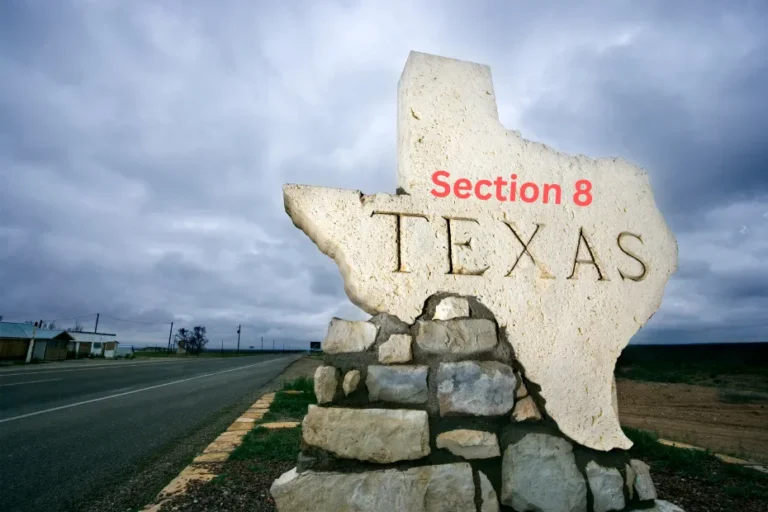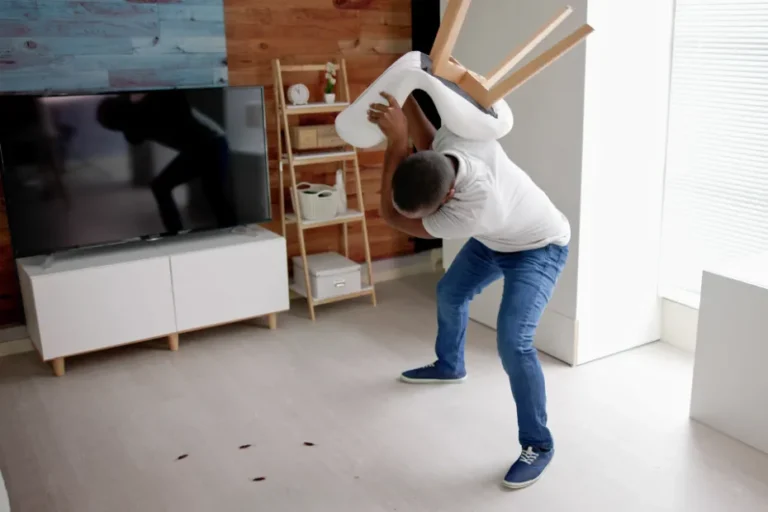Can My Neighbor Use My Driveway? Your Property Rights
Yes, your neighbor can use your driveway if you give them permission, but they cannot do so without your consent. Having a good relationship with your neighbor is important, and this includes discussing any matters that involve your property, such as the use of your driveway.
While it is possible for your neighbor to request permission to use your driveway, it is ultimately up to you to decide whether or not to grant them access. It’s essential to have clear communication and establish boundaries to avoid any potential conflicts in the future.
This article will explore the considerations you should take into account when deciding whether to allow your neighbor to use your driveway.
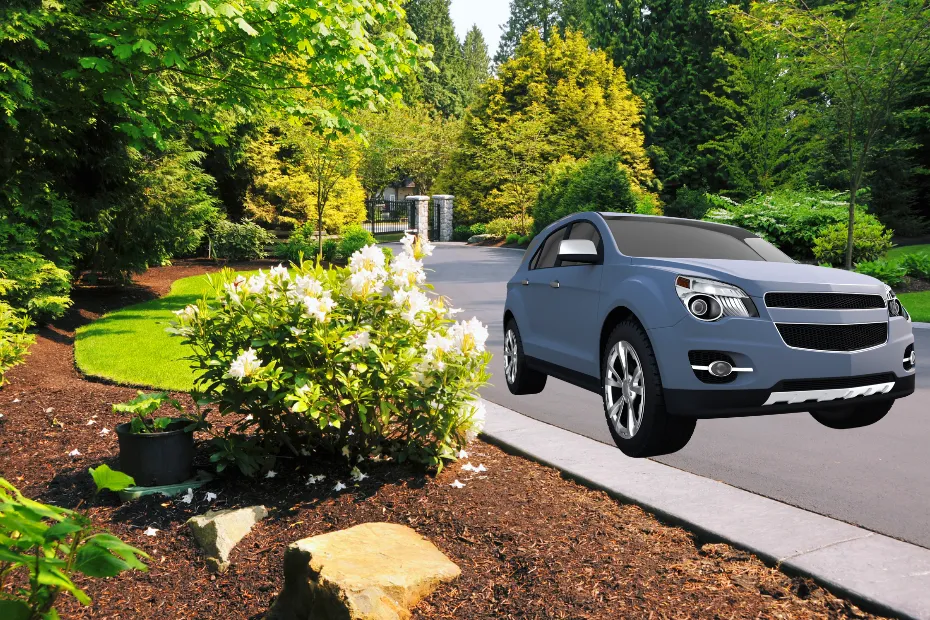
Understanding Property Rights
Owning a property comes with a set of legal rights that are granted to individuals. These property rights define the boundaries and limitations of what a property owner can and cannot do with their land or assets.
It is essential to have a clear understanding of these rights to navigate any potential conflicts or issues that may arise.
Definition Of Property Rights
Property rights encompass the legal entitlements and control that a person has over their property. These rights allow individuals to use, possess, transfer, and exclude others from interfering with their property.
They establish the ownership of assets and provide a framework for resolving disputes in case of any violations or trespassing.
Types Of Property Rights
There are several types of property rights that outline different aspects of ownership. Some common types include:
- Ownership Rights: These rights grant the owner full control and use of the property. This includes the ability to sell, lease, or transfer the property to someone else.
- Use Rights: Use rights allow the owner to utilize the property for specific purposes without any interference, as long as it doesn’t violate any laws or regulations.
- Access Rights: Access rights pertain to the ability to enter or cross someone else’s property. These rights can be granted through legal agreements or easements.
- Exclusion Rights: Exclusion rights give the owner the power to prevent others from entering or using their property without permission.
Importance Of Property Rights
Property rights play a crucial role in maintaining order and promoting economic stability. Here’s why these rights are important:
- Ownership Protection: Clear property rights protect owners from unlawful trespassing or encroachment on their land, ensuring that they have exclusive control over their property.
- Incentive for Investment: Well-defined property rights act as an incentive for individuals to invest in and improve their property, as they have the assurance that their efforts will be protected and rewarded.
- Market Efficiency: Property rights enable efficient market transactions by facilitating the buying, selling, and transfer of assets. They provide a framework for negotiation and dispute resolution.
- Social Stability: Respect for property rights contributes to social stability by reducing conflicts and grievances related to land or assets. It establishes a sense of order and respect for personal boundaries.
Related Post: Can a Landlord Charge for Yard Work? Discover the Truth
Rights And Responsibilities Of Neighbors
The relationship between neighbors involves a balance of rights and responsibilities. As homeowners, it’s important to understand the boundaries and easements that come with property ownership.
Boundary Lines And Easements
Boundary lines are crucial in establishing property ownership and usage rights. Each property has defined boundaries, typically marked by physical structures such as fences or walls.
It’s essential to respect your neighbor’s boundary lines and refrain from encroaching on their property.
Easements, on the other hand, grant certain usage rights to neighbors. An easement can allow your neighbor to use a portion of your property for a specific purpose, such as accessing their own property or utility maintenance. Common examples include shared driveways or access paths.
However, it’s important to note that easements are usually legally documented, and both parties must agree to their terms. Without a documented easement in place, your neighbor does not have the right to use your driveway or other parts of your property without your permission.
Common Property Rights Disputes
While most neighbors coexist peacefully, property rights disputes can arise. It’s essential to be aware of some common types of disputes that may occur:
- Noise and Nuisance: Disagreements may arise if your neighbor engages in activities that create excessive noise or disturbances, interfering with your ability to enjoy your property.
- Tree and Fence Disputes: Issues related to overhanging branches, tree roots damaging property, or disagreements over fence maintenance and placement can cause conflicts among neighbors.
- Shared Driveways: If you have a mutual driveway, disputes may arise when one neighbor obstructs or limits the other’s access, or if there is a disagreement over maintenance responsibilities.
- Boundary Encroachment: Should a neighbor unknowingly or intentionally cross your property’s boundaries, it can be a challenging issue to address, potentially requiring legal intervention.
Resolving these disputes often involves open communication, compromise, and, in some cases, legal intervention.
Legal Recourse For Property Rights Violations
If a neighbor violates your property rights, it’s crucial to understand the legal options available to address the issue:
- Opening a Dialogue: In many cases, talking to your neighbor and explaining your concerns may resolve the issue without the need for legal action.
- Mediation: Engaging in mediation with your neighbor and a neutral third party can help find a mutually agreeable solution, avoiding the need for a costly and time-consuming lawsuit.
- Legal Action: If the dispute escalates and no resolution is reached, you may consider taking legal action. Consulting with a real estate attorney specializing in property rights can help you understand your rights and options.
Remember, maintaining good neighborly relationships is ideal, but being knowledgeable about your rights and responsibilities can help protect your property and foster a peaceful coexistence within your community.
Can My Neighbor Use My Driveway?
The question of whether or not your neighbor can use your driveway is a common concern among homeowners. It can lead to disputes and tension between neighbors if not resolved properly. In this blog post, we will explore the topic of neighbors using your driveway and provide helpful information on determining ownership, understanding easements and shared driveways, as well as seeking legal advice for property encroachments.
Determining Ownership Of The Driveway
One of the first steps in addressing the issue of your neighbor using your driveway is to determine the ownership of the driveway. Ownership can typically be found in the property records, which are usually held at the county clerk’s office. You can also consult a property attorney or conduct a title search to confirm ownership.
Additionally, it is important to review your property’s survey or plot plan, as it may outline the ownership boundaries and indicate whether the driveway is included within your property lines. This information can serve as evidence in establishing ownership.
Easements And Shared Driveways
In some cases, even if you are the sole owner of the driveway, there may be easements or shared driveway agreements in place that allow your neighbor limited use of the driveway. Easements can grant others the right to use your property for specific reasons, such as accessing their own property or for utility purposes.
If there is an established easement or shared driveway agreement, it is important to review the terms and conditions outlined in the legal documents. These documents should clearly state the limitations and responsibilities of each party involved. Understanding these agreements can provide clarity on whether your neighbor has the right to use your driveway.
Seeking Legal Advice For Property Encroachments
If you have determined that your neighbor does not have the right to use your driveway and they continue to do so, it may be necessary to seek legal advice. A property encroachment occurs when someone unlawfully uses a portion of your property, which could include your driveway.
To address this issue, consult with a real estate attorney who specializes in property disputes. They can assess the situation, provide guidance on initiating a legal action if necessary, and protect your property rights. It is important to have the appropriate legal expertise to navigate these complex situations and ensure a resolution that is in your best interest.
Frequently Asked Questions For Can My Neighbor Use My Driveway?
Can My Neighbor Use My Driveway Without Permission?
No, your neighbor cannot use your driveway without your permission as it is your private property.
What Should I Do If My Neighbor Uses My Driveway Without Permission?
If your neighbor uses your driveway without permission, politely discuss the issue and request them to stop. If it persists, seek legal advice.
Can I Grant Permission To My Neighbor To Use My Driveway?
Yes, you have the right to grant permission to your neighbor to use your driveway if you are comfortable with it. Make sure to set clear terms and duration.
What Are The Potential Legal Implications Of Letting My Neighbor Use My Driveway?
By allowing your neighbor to use your driveway, you may bear liability for any accidents or damages that occur there. Consult a legal professional for advice.
Conclusion
The use of one’s driveway by a neighbor is a complex issue that varies depending on various factors such as local laws and agreements. It is important to establish clear boundaries and maintain open communication to prevent any potential conflicts or misunderstandings.
Understanding the legalities and seeking professional advice can help maintain a peaceful neighborhood environment. Remember, good neighborly relations go a long way in fostering a harmonious living experience.


